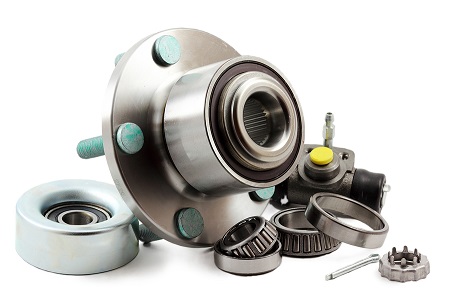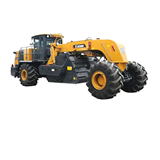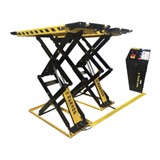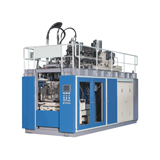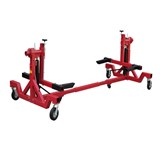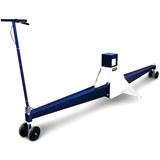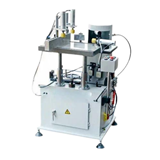Toyota has cited the Australian dollar, high production costs and the removal of trade barriers as factors contributing to the decision to end Australian production.
Toyota built 101,382 cars in Australia during 2012 and 72,886 of these were exported. In 2012, total Australian car production was 221,254 cars, making Toyota worth 46 per cent of the domestic vehicle manufacturing industry.
Toyota directly employs over 2500 workers at its engine plant and assembly line in Melbourne. Although this figure is relatively small in a city of over four million people, subsequent job losses at numerous smaller firms that supply parts to automakers could have a significant effect on the local economy.
Challenges for upstream industries
Until Toyota announced it would follow Ford and Holden in ending Australian production, there was hope that a single domestic vehicle manufacturer would create enough demand to allow Australian parts suppliers to survive.
The motor vehicle parts and accessories manufacturing industry employs 14,838 people in Australia and derives 54.3 per cent of its revenue from sales to vehicle manufacturers. This revenue will decline rapidly over the next four years as motor vehicle manufacturing winds down.
Some motor vehicle parts and accessories manufacturers currently survive only because government subsidies to vehicle manufacturers have underwritten domestic demand. Without a domestic motor vehicle manufacturing industry to supply, motor vehicle parts and accessories firms will have to increase their productivity to compete in international markets.
Despite claims of low productivity and a lack of competiveness (due to the value of the Australian dollar) in the manufacturing sector, parts and accessories manufacturing exports make up 18 per cent of industry revenue in 2013-14.
With the industry in a vulnerable position, firms should be able to extract concessions from unions that will increase productivity and improve the chances of survival.

